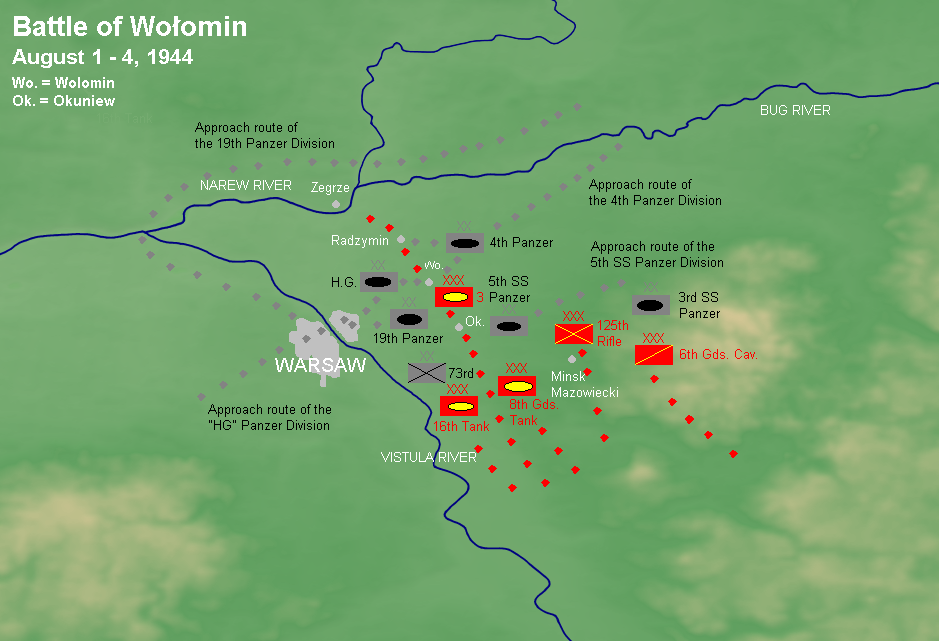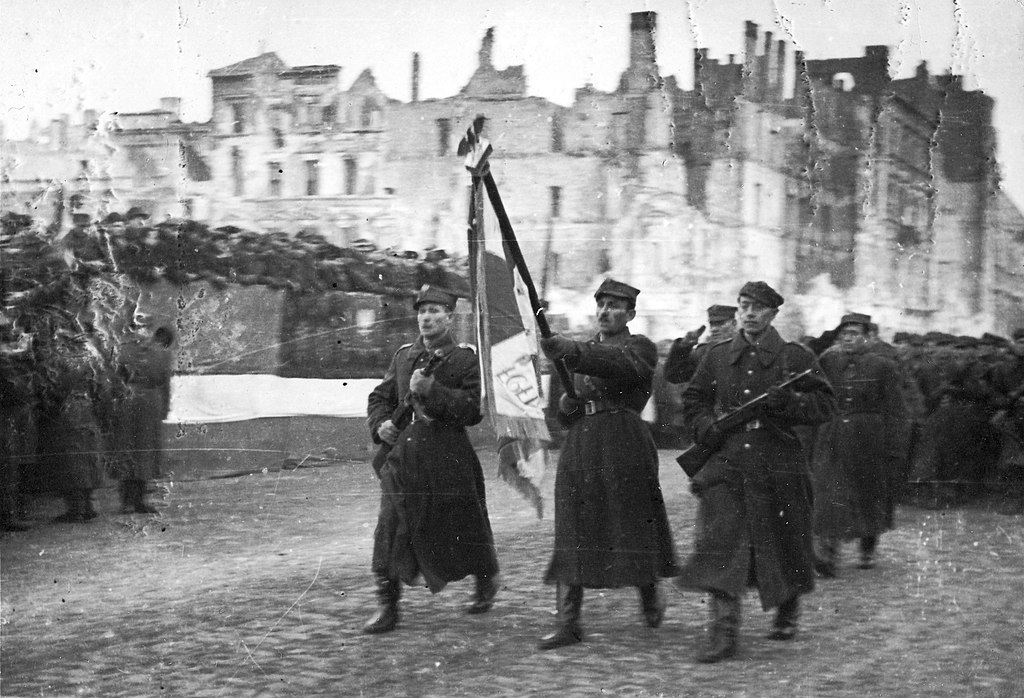privatehudson
The Ultimate Badass
- Joined
- Oct 15, 2003
- Messages
- 4,821
The Soviet/Russian defence of their response to the Warsaw uprising reminds me, albeit on a larger scale of the British response to why they didn't bash on to Arnhem right after capturing Nijmegen bridge. Ultimately it matters very little how logical or sound the reasoning, most people only remember that those involved didn't try.
That said the Warsaw situation strikes me as far murkier for all the politics and rhetoric surrounding the events. It would also be useful to analyse what passive support the Soviets may have given or not given, since this would give an interesting insight into whether any betrayal or similar occurred. But its not a subject that I know much about, so I would hesitate to offer a conclusion based on only limited reading into the subject.
I also suspect that it could (and probably already has) take up an entire thread on its own
That said the Warsaw situation strikes me as far murkier for all the politics and rhetoric surrounding the events. It would also be useful to analyse what passive support the Soviets may have given or not given, since this would give an interesting insight into whether any betrayal or similar occurred. But its not a subject that I know much about, so I would hesitate to offer a conclusion based on only limited reading into the subject.
I also suspect that it could (and probably already has) take up an entire thread on its own





